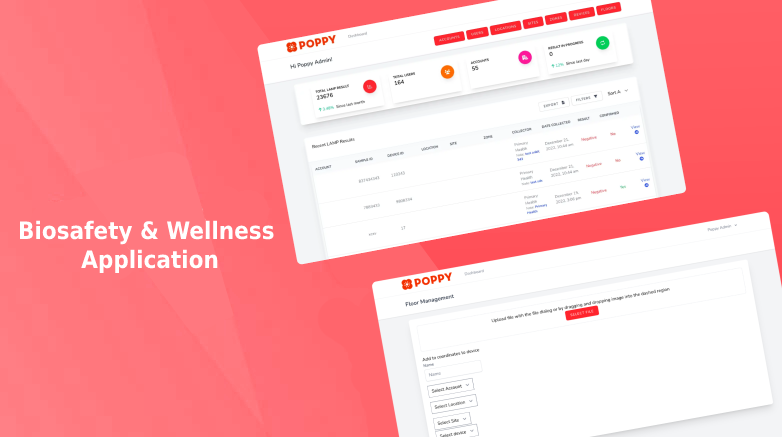Whistleblower Mobile App
We have developed the Whistle Blower application which highlights what going wrong in the organization. The application carefully checks whether the facts are consistent before reporting. In this application, we have given access to see information reported only for three cadres of Authority - Director, Manager, and Admin.
- Client : whistle Blower
- Category : SAAS
features
- Registration Module
- Case Management
- Dashboards based on User Roles
- Document Management
- Ticketing System
- User / Profile Management
- Security - 2FA, Browser Sessions
- Email Module
- Company Management
- Invitations & Share
- Multi-Language Support
- Graphical reports
Trusted By Professionals Worldwide

Ankit Chaudhary
- Sr. Full Stack DeveloperAnkit showcased impressive Full Stack PHP skills while working on the Whistleblower Application from start to finish, and his communication was top-notch. He played a key role in getting the application delivered smoothly from the very beginning to the end.”
Tim Prinz
Whistleblower App

Abdullah
- Python DeveloperAbdullah did a fantastic job with his Python development assignments and effectively added the security feature for website scanning. As a valuable member of the Akratech Team, he contributed greatly, and we wish him and the entire team all the best!
Tim Prinz
Privacy Scanner

Munish Kumar
- PHP DeveloperWe have worked together for almost two years, and he was consistent and did his job to the best of his ability. Startups have a lot of moving components and he was able to navigate successfully.
Jaya
We Intervene

Kareem Ghuneim
- UpworkAshraf did a great job holding my engineers to the strict deadline, very friendly and accomplished everything I needed him to accomplish
Rajinder Kumar
- Sr. PHP Laravel DeveloperRajinder is a skilled developer with great communication skills. I enjoyed working with him on this job
Avery Pawelek
Datenschutz Prinz GmbH

Sandeep
- Python DeveloperSandeep is a solid developer who communicates well. He was very quick to address any feedback requests and worked hard to get the job completed at a high level.
Avery Pawelek
Real Estate App
Rajinder Kumar
- Sr. PHP Laravel DeveloperExtremely professional and competent. Responsive, knowledgeable, and a pleasure to work with. Would definitely recommend Raj and hire him again.
Bruno Cardoso
We Intervene

Rajinder Kumar
- Full Stack DevelopmentIt was an absolute pleasure working with Raaj. He is very attentive to details, communication skills are really high and made everything so much easier. Raaj completed work very quickly and was able to help out in the process where we were unfamiliar with generally accepted practices.
Tim Prinz
Datenschutz Prinz GmbH

Ahmed Marjeby
- upworkGreat talent. Delivered the work in a timely manner and was always available to accommodate our requirements. Well done!

Ankita
- Project ManagerAnkita is great to work with and I am super happy to have the opportunity to work with her.
Natasha Green
We Intervene

Gulab Chopra
- Full Stack DeveloperOver the past four years of working with Gulab, we have found him to be highly professional, dedicated, and committed to his work. He consistently provides realistic timelines and ensures that deadlines are met. His attention to detail is exceptional, Gulab handles full stack development with ease and his expertise in React, JavaScript, and UI development is particularly impressive. His code is always well-organized, and his problem-solving skills are excellent. He also shows no hesitation when tackling research and development-based challenges. Overall, Gulab is a valuable asset to any team, and we wish him the best in all future endeavors. Good luck with your upcoming projects, Gulab!
Jayalakshmi Rajasekaran
FTC Solar

Manish Kumar
- PHP DeveloperManish has truly excelled in his work, showcasing impressive skills in PHP front-end development. I recommend him for any front-end design and development projects. His technical abilities and communication skills are outstanding.
Tim Prinz
Privacy scanner

Ricardo Vidal
- PhDHead of Product“We hired a project manager from Akratech for an MVP launch. Not only did we stay on schedule, but the manager’s deep expertise in Agile helped us trim 30% off our (more…)

DANNY GLENNON
- CEO -PtbizfitAsh is extremely knowledgeable in his field, he helped our team streamline and accelerate software development faster than we could’ve imagined. His English is fluent and he is super friendly to speak with. Ash has great insight on industry best-practices, has a personalised plan for our project and was very considerate when it came to saving on cost where possible and not only making the project under budget but quicker to develop too. I would recommend Ash any day of the week, he’s a great asset to any team.

PAUL D
- CEO -FleuronguideGlad to have found this contractor, up till jow splendid job done.This contractor debugged very quickly and correctly the problems which occurred. We will re-contact him if course when other necessities very satisfied with a job well done, correct and quickly solved.

ERIKA MARTINEZ
- CEO - Denver Public School“Extraordinary professional! It has been an honor to work with some-one of his calibre. He is deliberate with his project management tactics and implements with great attention to every detail. For me, one of his most important skill sets is his ability to self manage and keep our projects moving forward no matter my availability or the lack thereof. No worries once you have agreed on a gameplan and a course of action. Additionally, Ash puts his heart and soul into his work. He gives you everything he’s got when he gets into a project. I am humbled to have worked with some-one of such high integrity and so committed to our mutual success. A truly great business partner.”

JOEL
- CEO - ACME ProductionsAsh completed the task perfectly within a few hours of posting the task. He knew exactly what he was doing and was a please to deal with. Will definitely keep in mind for future work

DR HISHAM AL DABAH
- CEO
JOSEPH RICE
- Sabaa.org, USA
Natasha Green
- Founder | WeInterveneI am thrilled to share my experience with Akra Tech, a company that has been instrumental in my EdTech startup, We Intervene, since July 2020. (more…)

Aida Ahmadzadegan
- CEOAKRATECH was able to help my startup to build an MVP very quickly and they helped me to turn that into my first product which looks quite well. (more…)
Our Challenges / Solutions
- Fear of Retaliation: Whistleblowers often face the fear of retaliation from the organization they are exposing. This can include threats to their personal safety, job security, or reputation.
- Lack of Protection: Whistleblowers may be concerned about the lack of legal protections and safeguards to ensure their anonymity and safety. They need assurance that their identity will be kept confidential during the investigation process.
- Internal Resistance: Whistleblowers may encounter resistance or disbelief from colleagues or superiors within the organization. This can make it difficult for them to come forward with their concerns
- Legal Complexity: Understanding the legal framework surrounding whistleblower protection can be challenging. Whistleblowers may struggle to navigate the legal processes involved in filing a complaint or seeking legal remedies.
- Anonymity and Confidentiality: Implementing secure channels that allow whistleblowers to report their concerns anonymously can alleviate fears of retaliation. This can be achieved through whistleblower hotlines or secure online platforms where identities are protected
- Legal Protections: Establishing comprehensive legal frameworks that protect whistleblowers is crucial. Laws should include provisions for anonymity, safeguards against retaliation, and whistleblower rewards for exposing significant wrongdoing.
- Whistleblower Support Programs: Organizations and government bodies can set up support programs to assist whistleblowers. These programs can provide legal advice, counseling services, and protection against retaliation.
- Awareness and Education: Promoting awareness about the importance of whistleblowing and educating employees about their rights and protections can encourage a culture of accountability. Training programs can be conducted to inform employees about the process of reporting wrongdoing and the available support mechanisms.
- Increased Transparency: Whistleblower applications can lead to the exposure of fraudulent activities, corruption, or unethical behavior within organizations. This transparency can help prevent future wrongdoing and foster a culture of integrity.
- Legal Accountability: Whistleblower applications can initiate legal investigations and proceedings against those involved in misconduct. This can result in legal consequences such as fines, penalties, or even criminal charges, holding wrongdoers accountable for their actions.
- Organizational Reforms: Whistleblower applications can bring about internal reforms within organizations. They can prompt changes in policies, procedures, and management practices to prevent similar issues from recurring in the future.
- Public Trust and Confidence: Whistleblower applications that result in significant positive outcomes can restore public trust and confidence in organizations, industries, or even governmental bodies. This can have long-term benefits for stakeholders and the overall reputation of the entities involved.
How Whistleblower application brought changes in client organization
- Checked The application established accountability for employees to report any suspicious or unethical practices they notice within an organization, ensuring that problems are exposed and resolved.
- Checked Gives employees the ability to use the whistleblower app to report any financial irregularities or fraud, preventing losses for both themselves and our clients.
- Checked Application promotes a culture of openness and responsibility, allowing our clients to establish a more positive work environment.
- Checked The app provides the potential to benefit clients by enhancing overall service and product quality.
Recent Portfolio
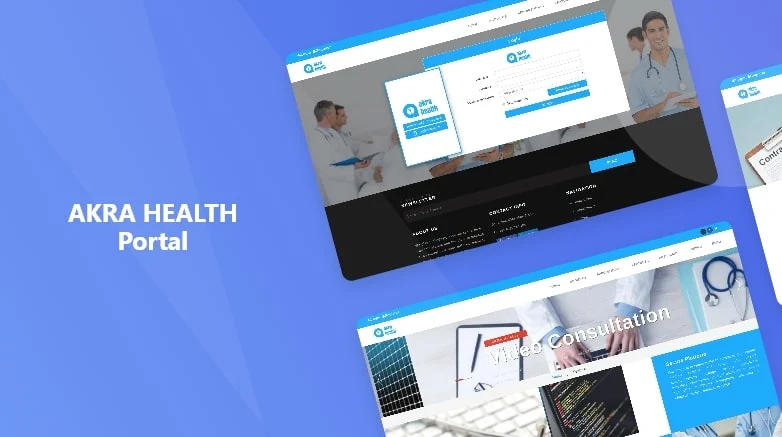
Akra Health Portal
SAAS

Delivery Routing Application
Data Science

Visual Forecasting
SAAS
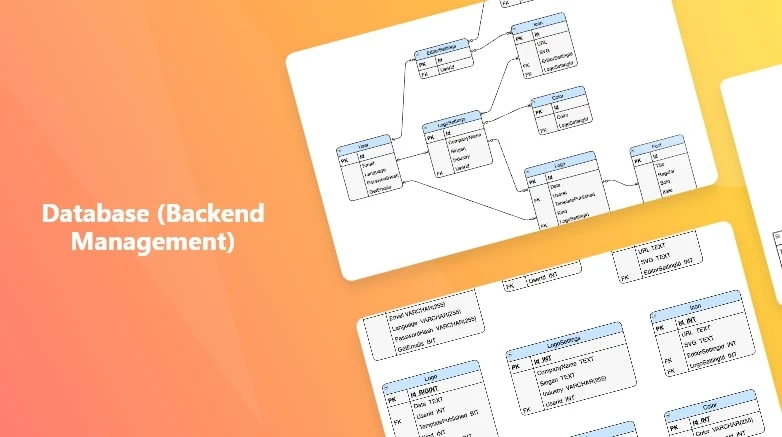
Database (Backend Management)
Healthcare
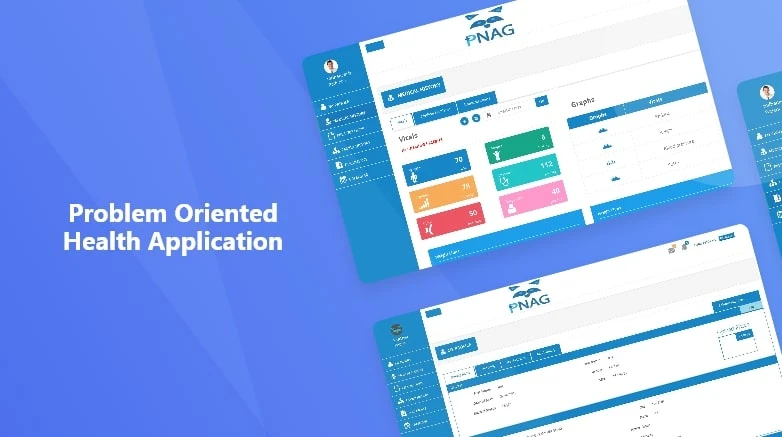
Problem Oriented Health Application
Healthcare

Farlanes Online Classroom Mobile Application
Healthcare

Pricing Prediction
SAAS

Web Scraping with Python
Data Scraping

Course Management
Data Scraping

Akra Health Tele Medicine App
Healthcare

Transcribe Flow
Healthcare

Gift Pool
E-commerce
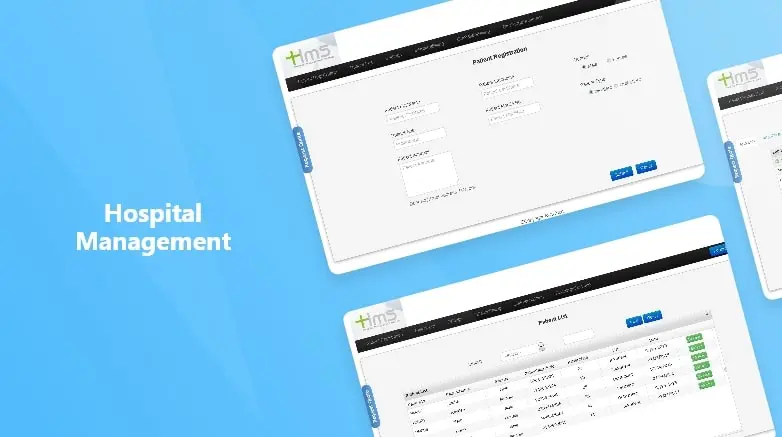
In House Hospital Management System
Healthcare

Data Visualisation & Analytics
Data Visualization
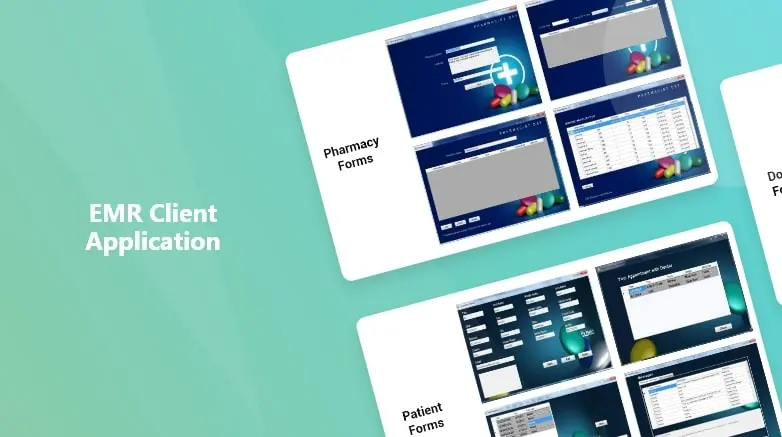
EMR Client Application
Data Visualization

Inventory Forecasting
Data Science
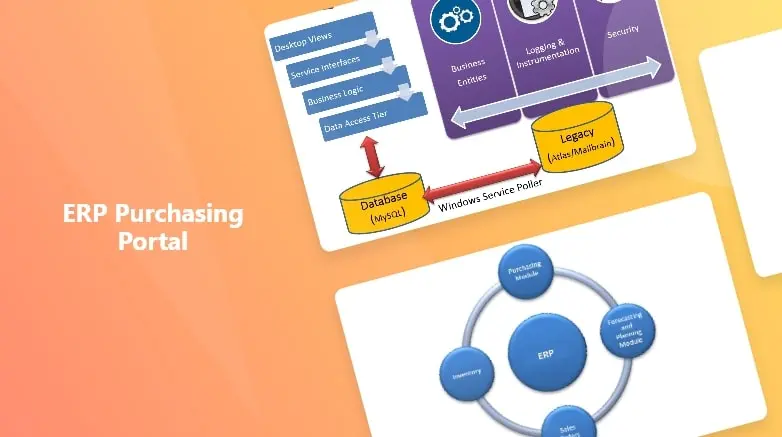
ERP Purchasing Portal
Data Science

API Development
Data Science

Zoho Integration
Data Science
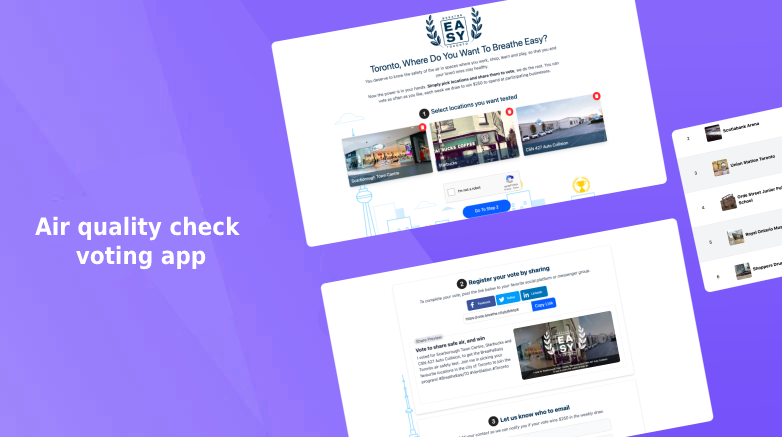
Air Quality Check Voting App
Healthcare

Company Formation Portal
E-commerce
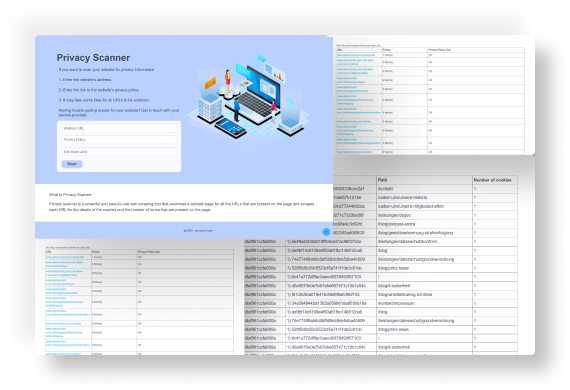
Web Privacy Scanner
SAAS

Delivery Routing Application
Data Science

Visual Forecasting
SAAS

Web Scraping with Python
Data Scraping

Inventory Forecasting
Data Science

Web Scraping with Python
Data Scraping

Data Visualisation & Analytics
Data Visualization

Gift Pool
E-commerce

Company Formation Portal
E-commerce

Database (Backend Management)
Healthcare

Problem Oriented Health Application
Healthcare

Akra Health Tele Medicine App
Healthcare

In House Hospital Management System
Healthcare

Air Quality Check Voting App
Healthcare

Visual Forecasting
SAAS

Web Privacy Scanner
SAAS



















